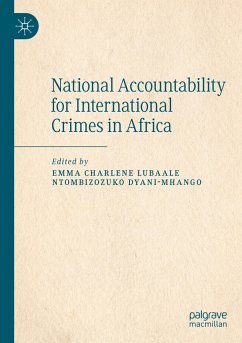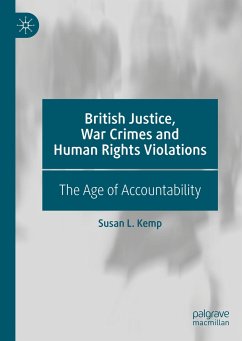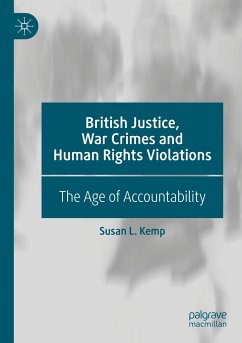
National Accountability for International Crimes in Africa

PAYBACK Punkte
57 °P sammeln!
This book critically examines the issues pertaining to the Rome Statute's complementarity principle. The focus lies on the primacy of African states to prosecute alleged perpetrators of international crimes in their respective jurisdictions. The chapters explore states' international and domestic obligations to hold perpetrators of international crimes to account before the national courts, and demonstrate the complexity of enforcing national accountability of alleged perpetrators of international crimes while also ensuring that post-conflict African states achieve national healing, reconcilia...
This book critically examines the issues pertaining to the Rome Statute's complementarity principle. The focus lies on the primacy of African states to prosecute alleged perpetrators of international crimes in their respective jurisdictions. The chapters explore states' international and domestic obligations to hold perpetrators of international crimes to account before the national courts, and demonstrate the complexity of enforcing national accountability of alleged perpetrators of international crimes while also ensuring that post-conflict African states achieve national healing, reconciliation, and sustainable peace. The contributions reject impunity for international crimes whilst also considering these complexities. Emphasis further lies on the meaning of accountability in the context of the politics of selective international criminal justice for crimes committed before the establishment of the International Criminal Court.














